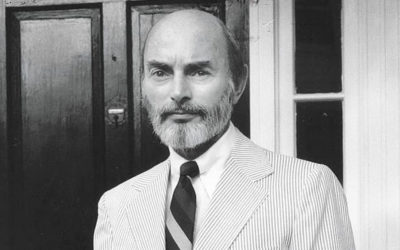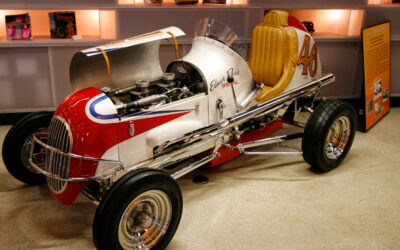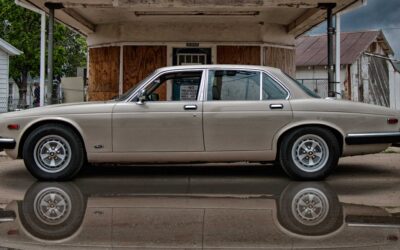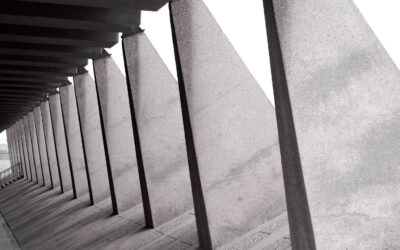Saving the World one pixel at a time
Blog
Film Friday: My Thoughts on Bulk Loading Film
Recently I got an email that continued a theme that I talked about in a recent Q&A post: It’s also about how expensive it can be to shoot film. And it goes like this…
Protected: Ashley: What’s In A Name Redux!
Password Protected
To view this protected post, enter the password below:
Thursday Vibes: Choosing the Right Color Space
Most DSLRs and mirrorless cameras offer Color Space options that are completely different from their Color Balance settings that are used to adjust the camera’s color balance to match the light you’re shooting under so it appears neutral—if that’s your intent.
Wheels Wednesday: Creating the “Wet Street” Look
When it comes to photographing cars, one of the most famous film noir effects used by cinematographers is the “wet streets” look that can add all kinds of interesting reflections to a scene.
Protected: Bonus: Capturing the Beauty of a Pregnancy
Password Protected
To view this protected post, enter the password below:
Tuesday Tips: Coping with The Ninety-Ninety Rule
“The first 90 percent of the code accounts for the first 90 percent of the development time. The remaining 10 percent of the code accounts for the other 90 percent of the development time.”—Tom Cargill, Bell Labs



